Highlights:
- Trump praised Prime Minister Modi as a “good friend” during the Gaza Peace Summit in Egypt.
- He said India and Pakistan would “live very nicely together,” gesturing toward Shehbaz Sharif.
- The summit concluded with a landmark Gaza ceasefire deal co-hosted by Trump and al-Sisi.
- Sharif credited Trump with preventing an earlier nuclear conflict between India and Pakistan.
- PM Modi applauded Trump’s “unwavering peace efforts” and the release of long-held Gaza hostages.
At the Gaza Peace Summit in Egypt’s Sharm el-Sheikh, US President Donald Trump once again brought his trademark mix of diplomacy and showmanship to the global stage. Standing alongside Egyptian President Abdel Fattah al-Sisi and Pakistani Prime Minister Shehbaz Sharif, Trump publicly praised Indian Prime Minister Narendra Modi, calling him “a very good friend” and commending his leadership.
“India is a great country with a very good friend of mine at the top,” Trump told reporters with a smile. “And he has done a fantastic job. I think that Pakistan and India are going to live very nicely together.” Turning toward Shehbaz Sharif, who stood just behind him, Trump added with a grin, “He is going to help make that happen, right?”—a line that drew laughter from those present.
The summit, co-hosted by Trump and al-Sisi, was a high-stakes diplomatic event aimed at ending the devastating Gaza conflict that has claimed thousands of lives. Trump’s comments came moments before the signing of a landmark ceasefire agreement involving Israel, Hamas, and several Arab nations—a deal he described as “a new and beautiful day for the Middle East.”
Sharif, taking the podium immediately after Trump, thanked the American President for what he called a “decisive intervention” during a previous India-Pakistan military standoff. “Had it not been for this gentleman, who knows—India and Pakistan are both nuclear powers—had he not intervened with his wonderful team during those four days, the war could have escalated to a level where no one would have lived to tell what happened,” Sharif said.
Trump, never shy of highlighting his diplomatic achievements, had a day earlier told Israel’s parliament, the Knesset, that he had “helped prevent eight conflicts,” including what he described as a near-war between India and Pakistan. Back in May, he had announced that the two South Asian nations had agreed to a “full and immediate” ceasefire after US-mediated talks—although India maintains that the agreement was reached through direct discussions between the military leadership of both sides.
India, represented at the summit by Minister of State for External Affairs Kirti Vardhan Singh as Prime Minister Narendra Modi’s special envoy, also welcomed the peace initiative. “India welcomes the signing of the landmark peace agreement and hopes this will lead to lasting peace in the region,” said MEA spokesperson Randhir Jaiswal in a post on X.
Prime Minister Modi too lauded Trump’s “unwavering peace efforts” and the release of the last 20 hostages held in Gaza for over two years. “Their freedom stands as a tribute to the courage of their families, the unwavering peace efforts of President Trump and the strong resolve of Prime Minister Netanyahu,” Modi wrote, reaffirming India’s support for the peace accord.
The summit concluded with Trump and a coalition of Arab and Muslim leaders signing the ceasefire document, symbolizing what he called “a new dawn for the region.” For Trump, it was another moment to spotlight his brand of deal-making diplomacy—and for India and Pakistan, a renewed reminder of how their peace often becomes the stage for global leadership gestures.
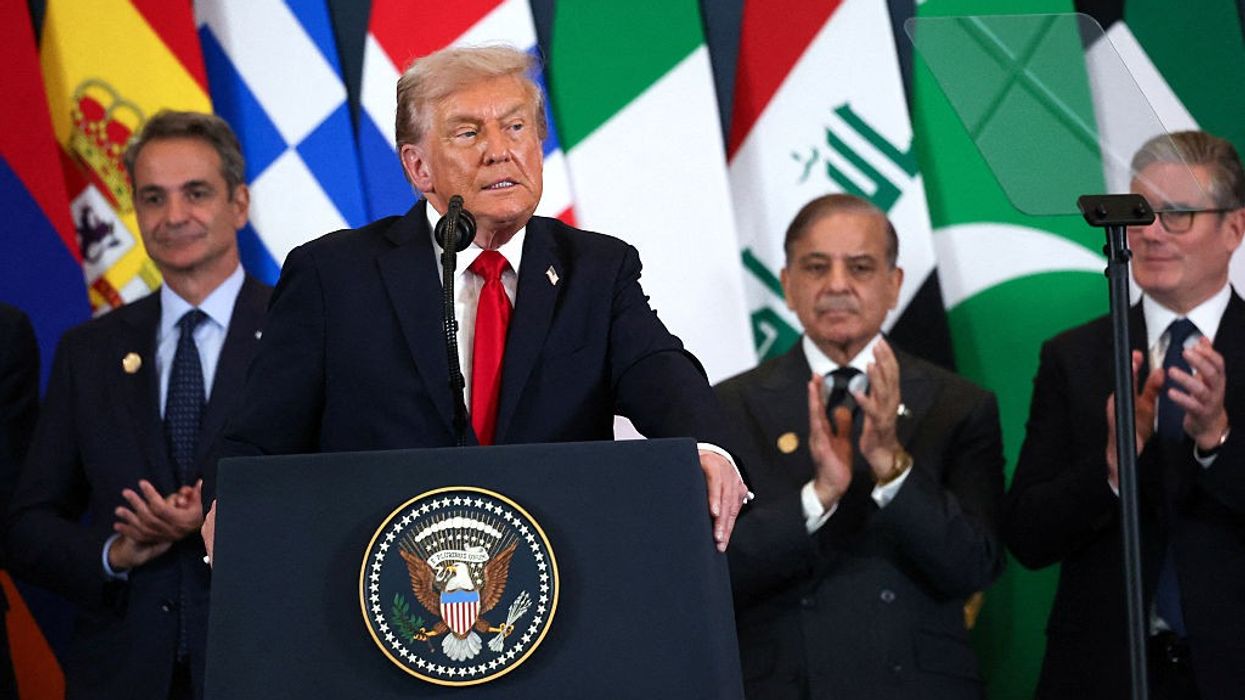

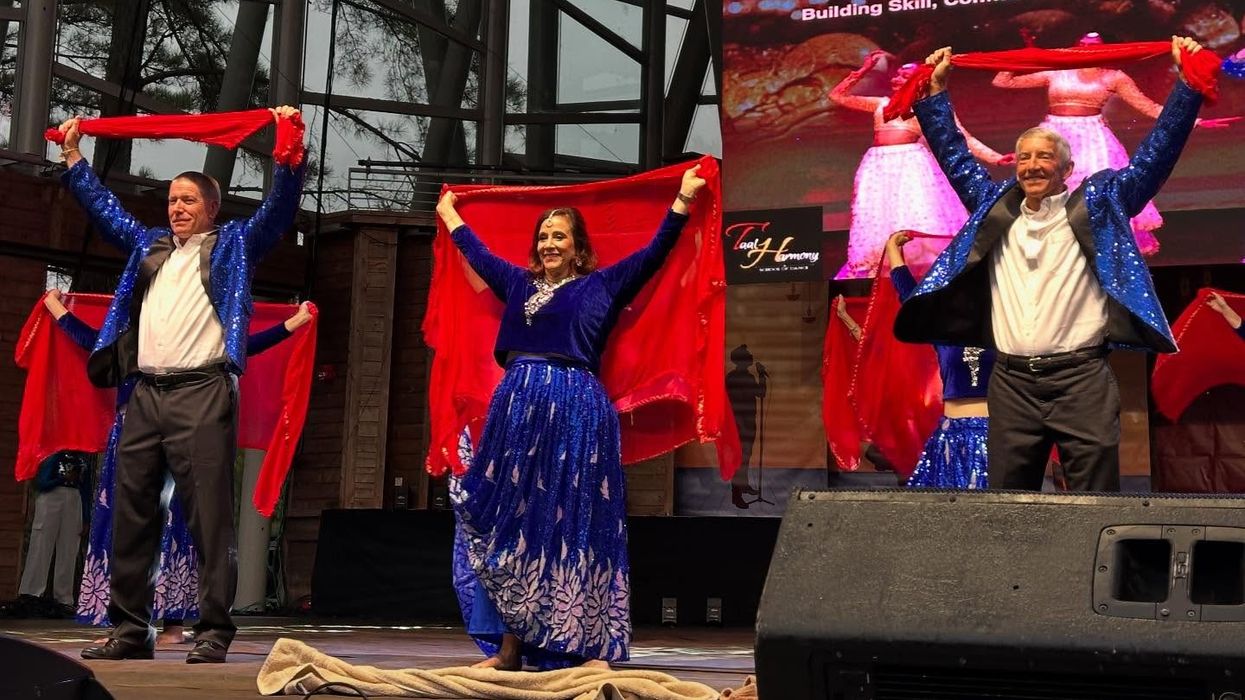
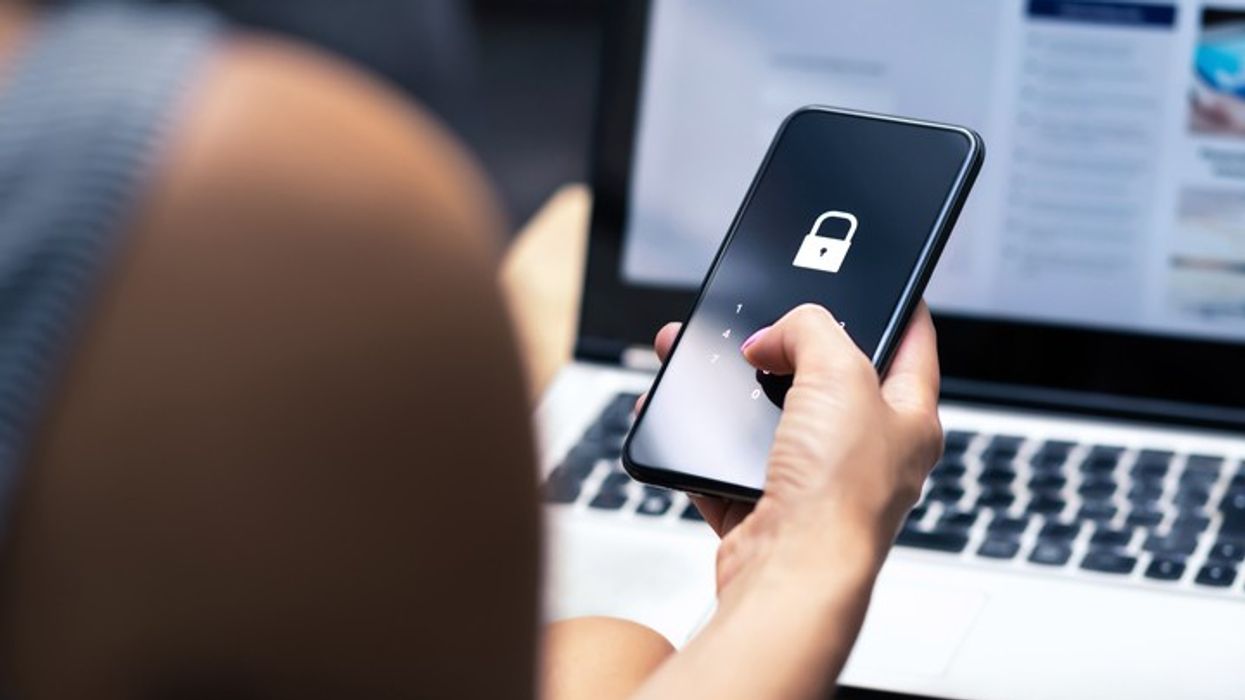
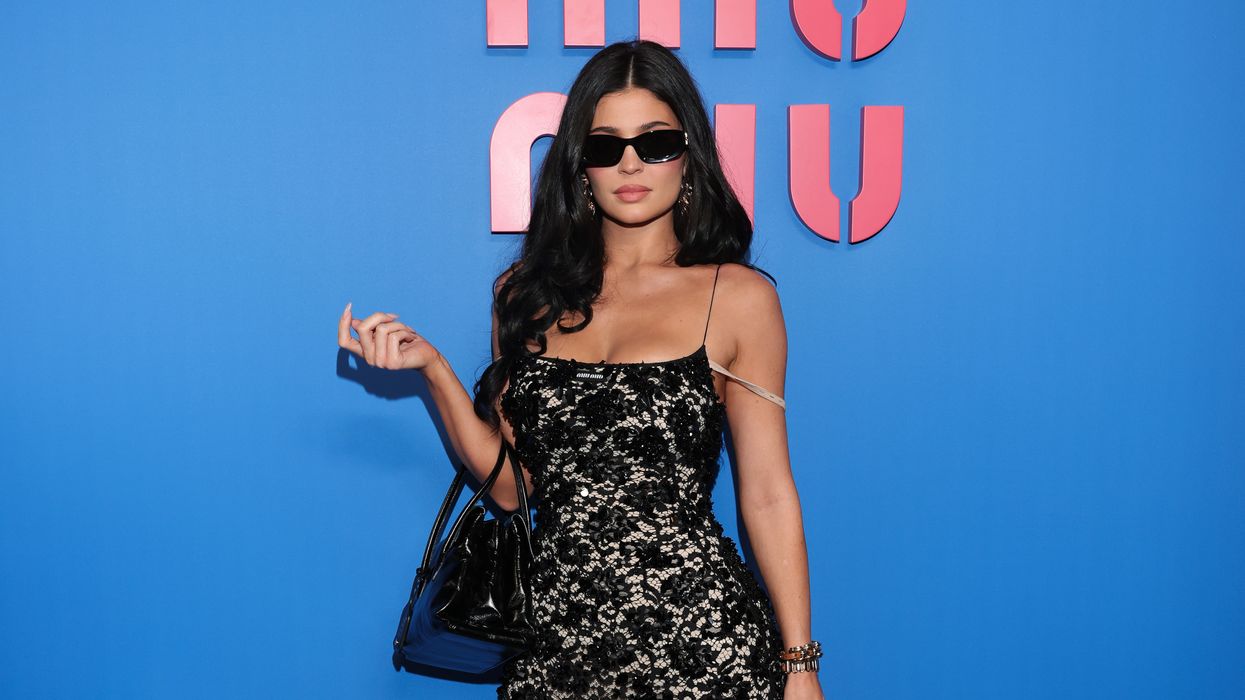
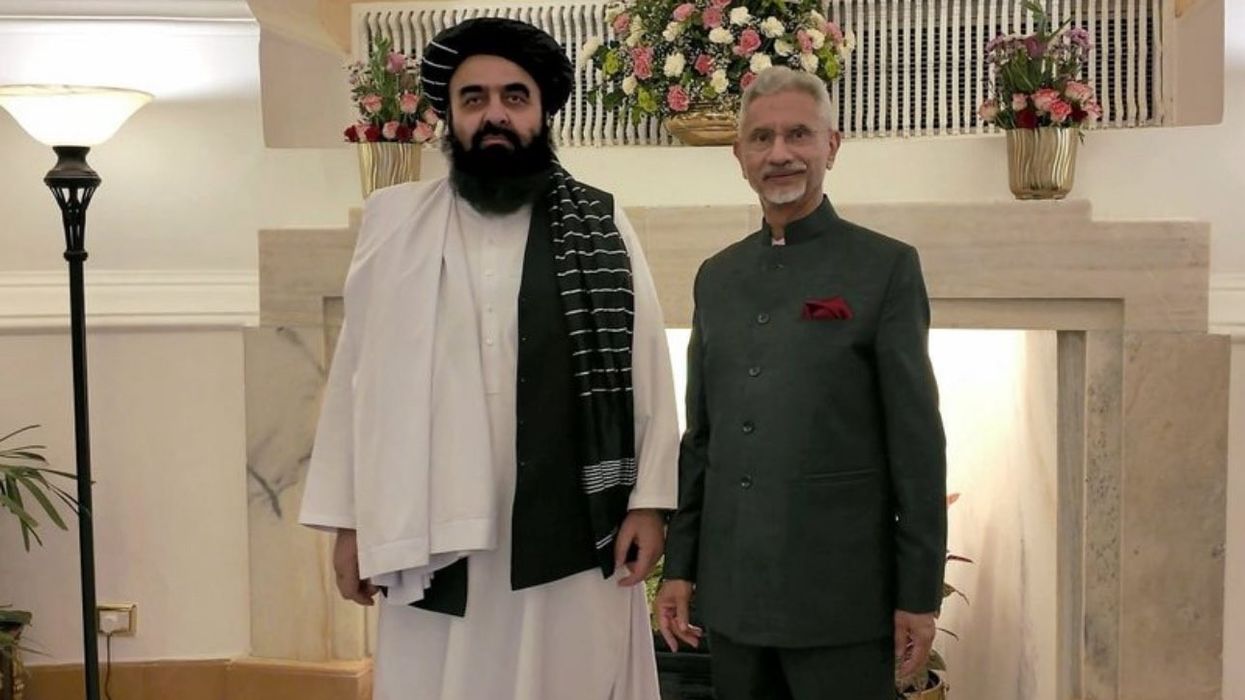
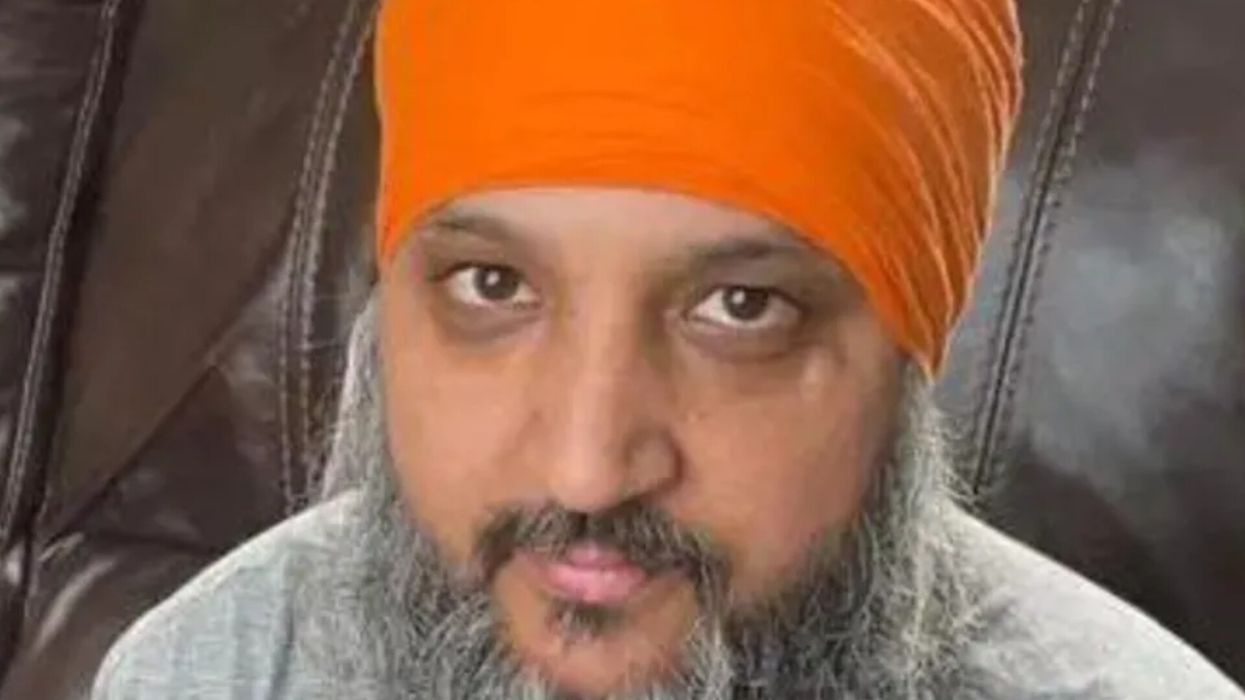
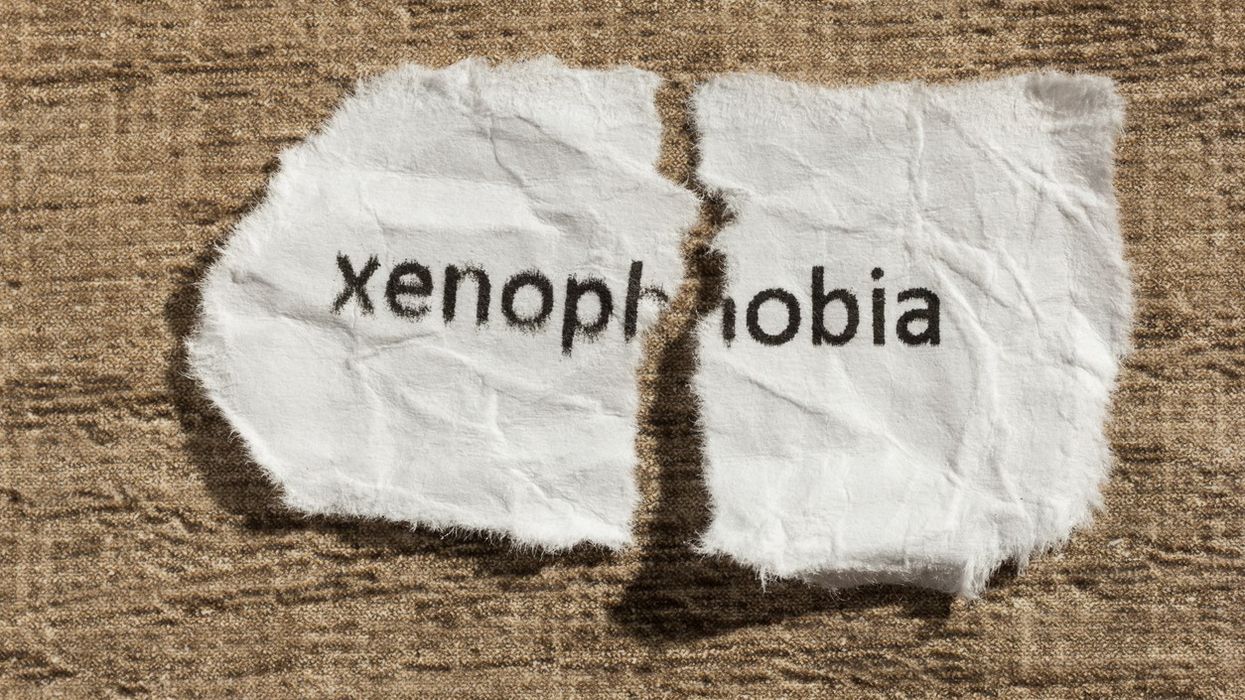
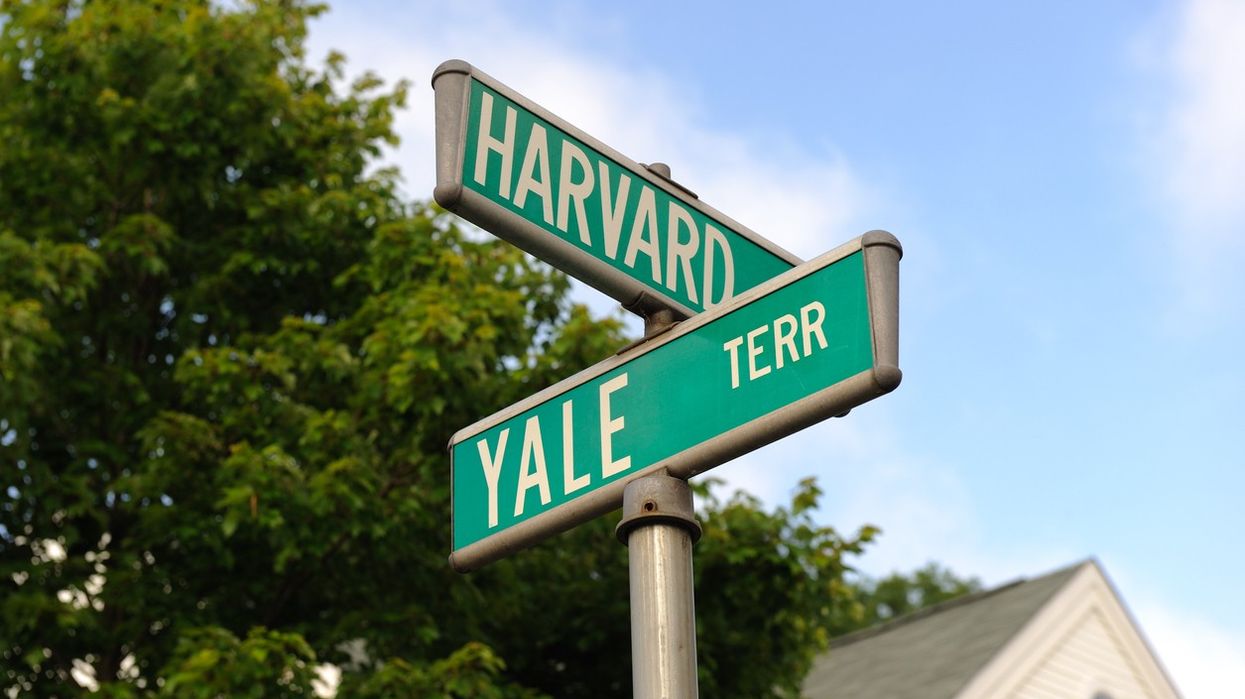

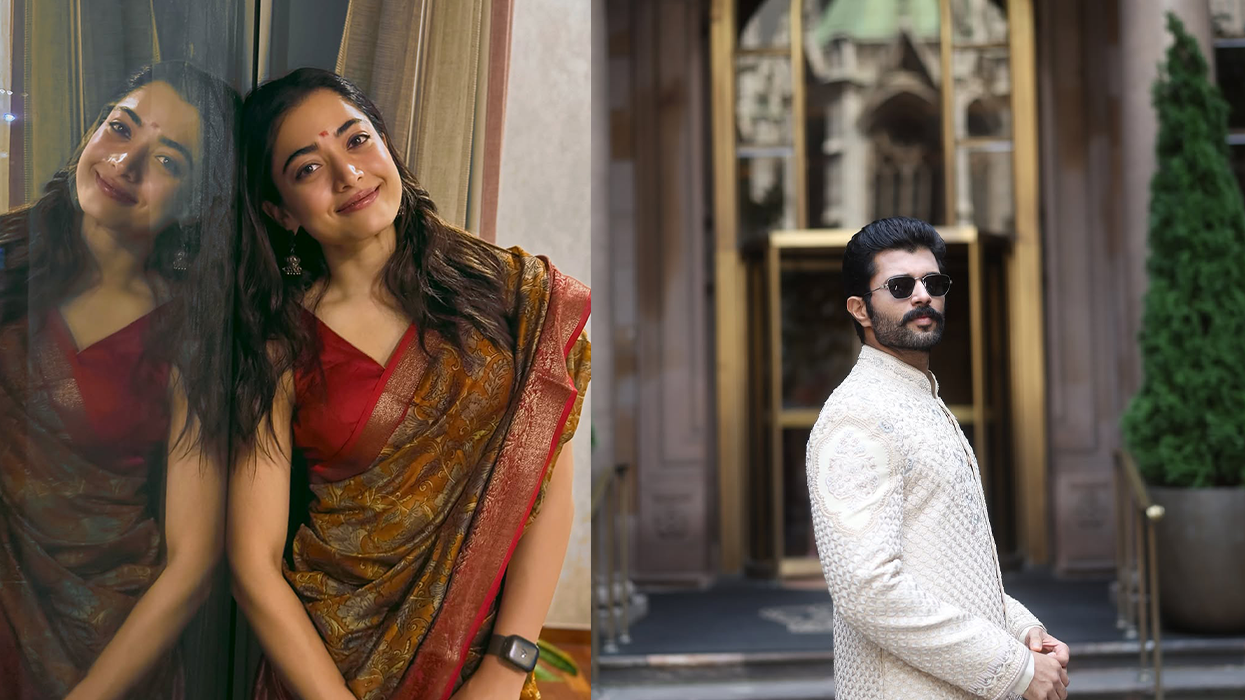
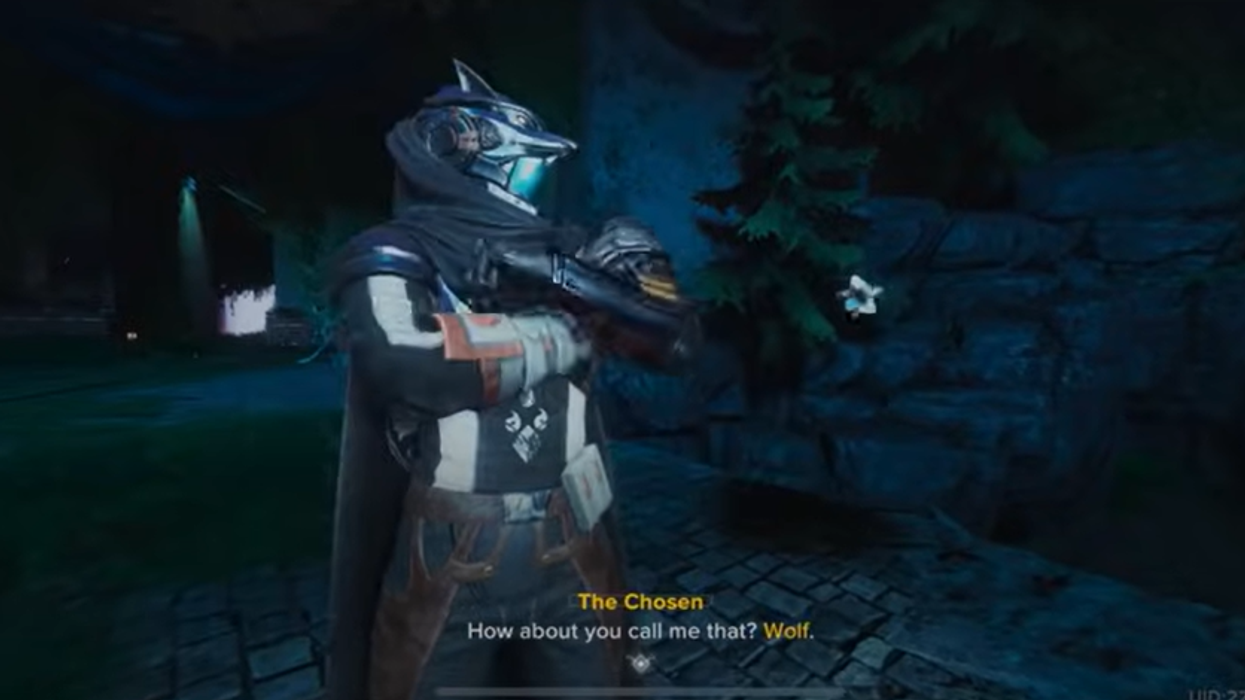
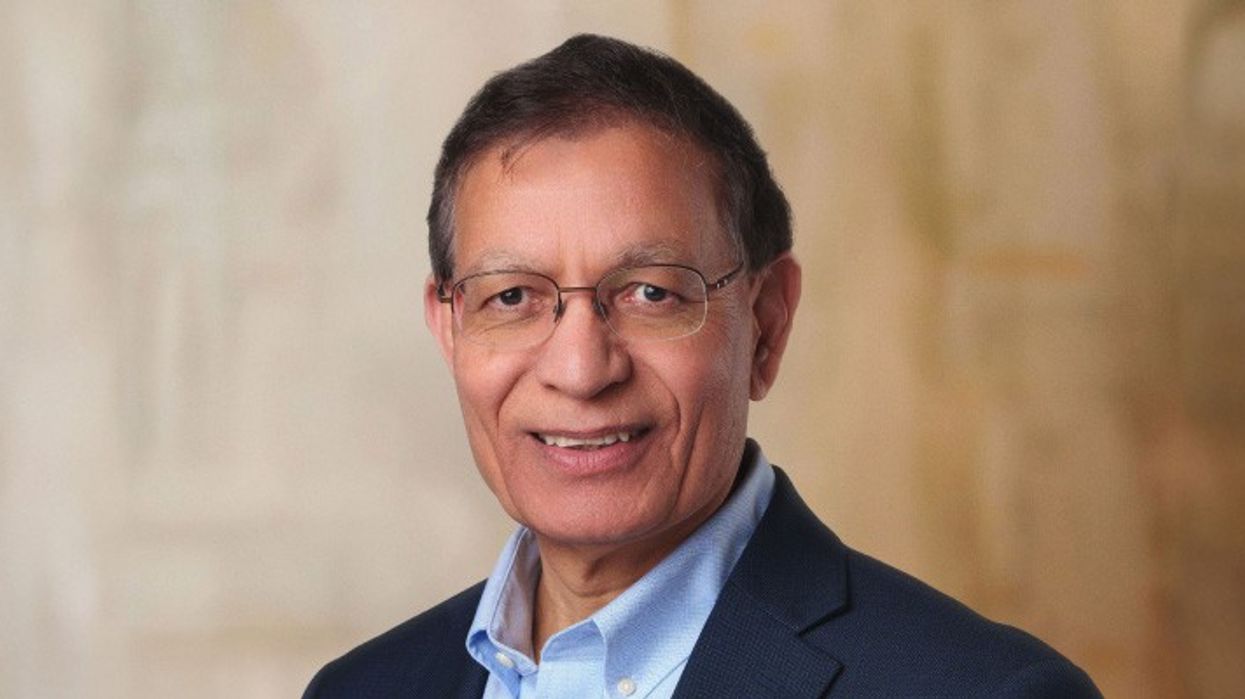
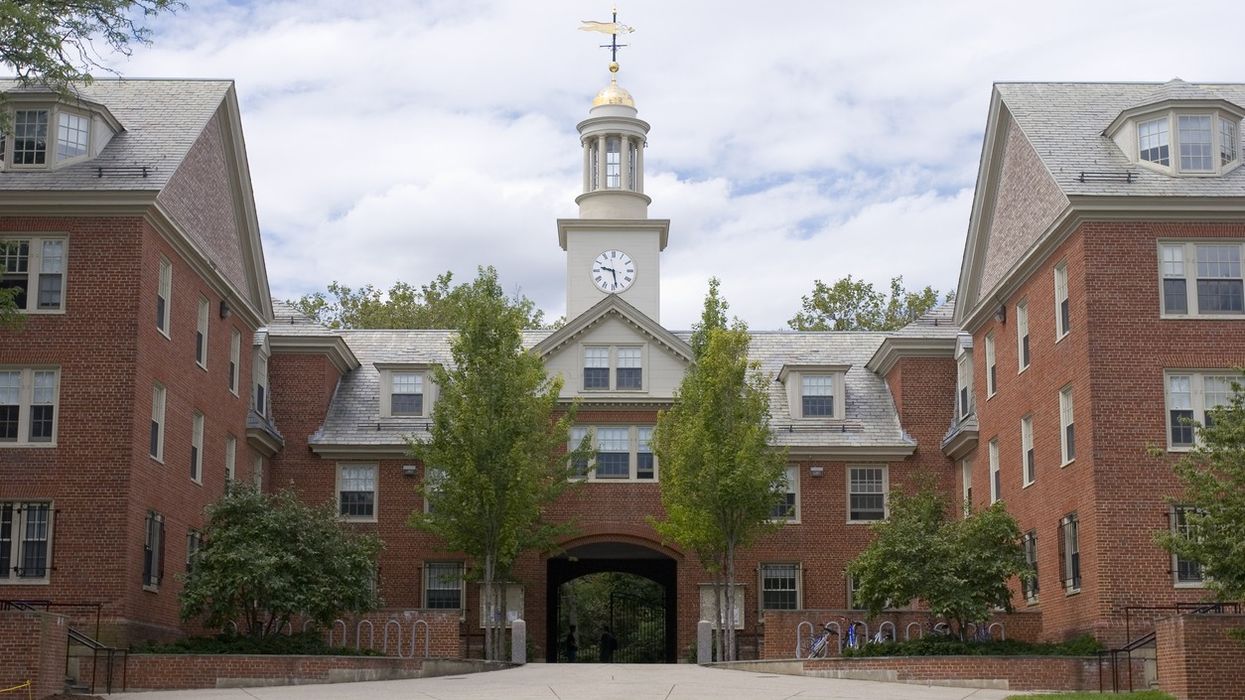
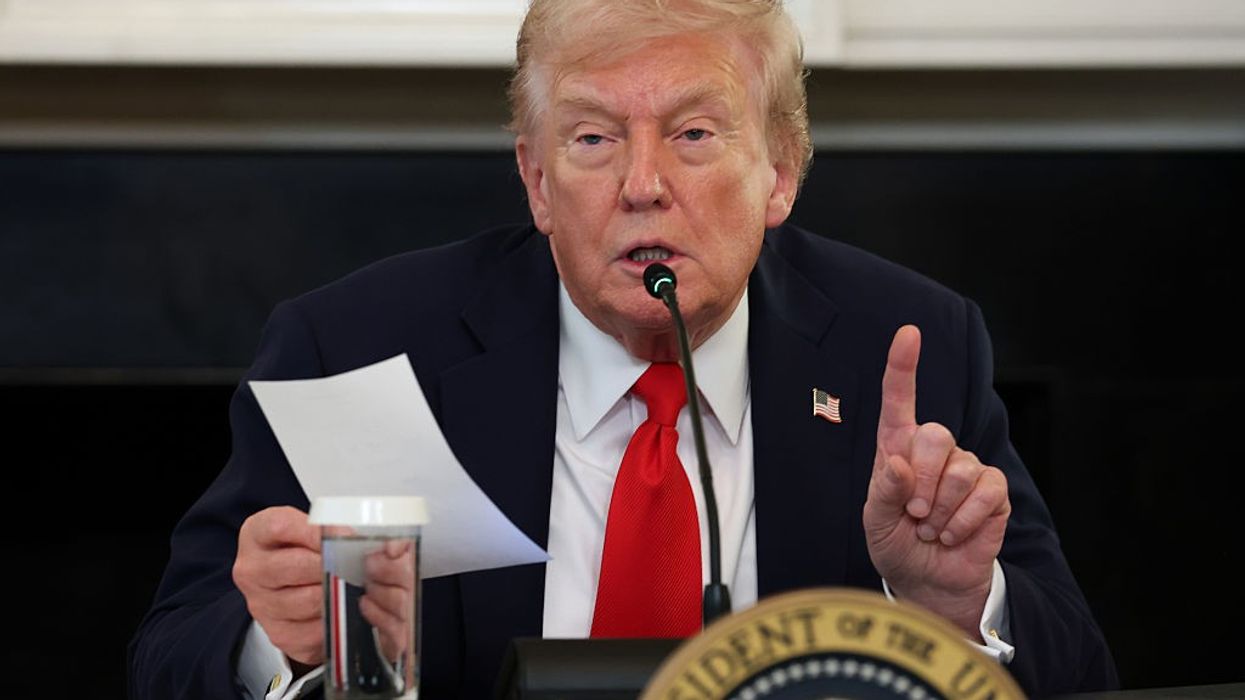
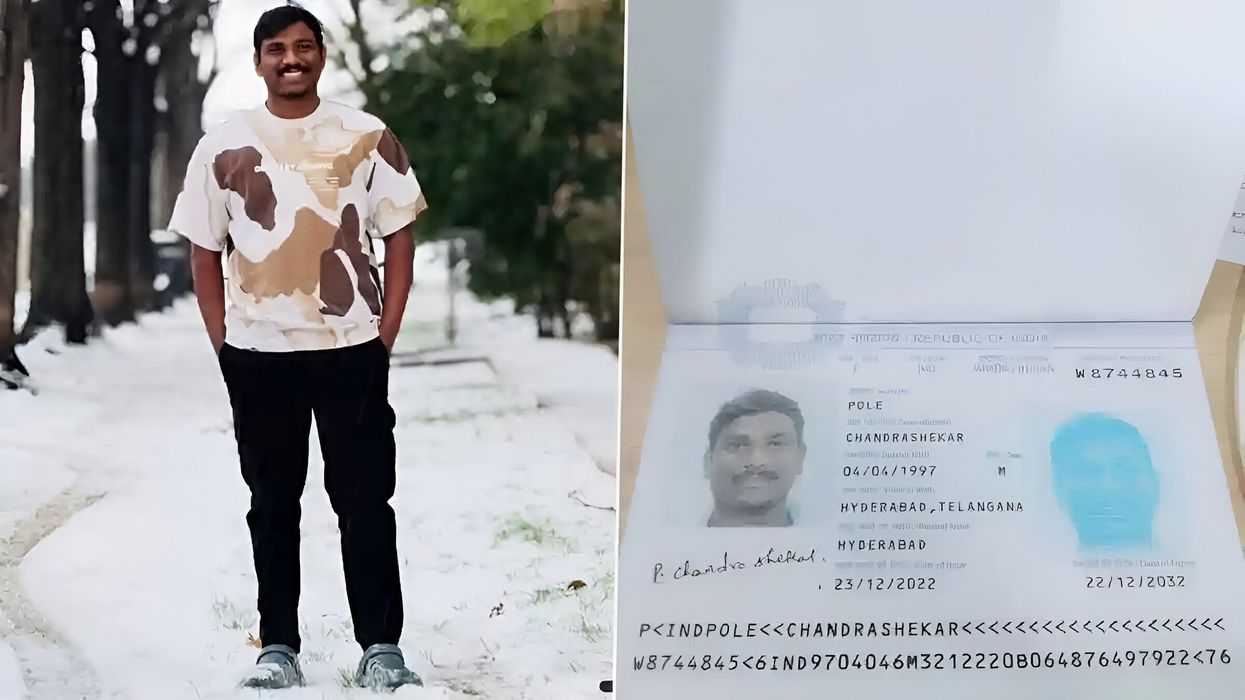
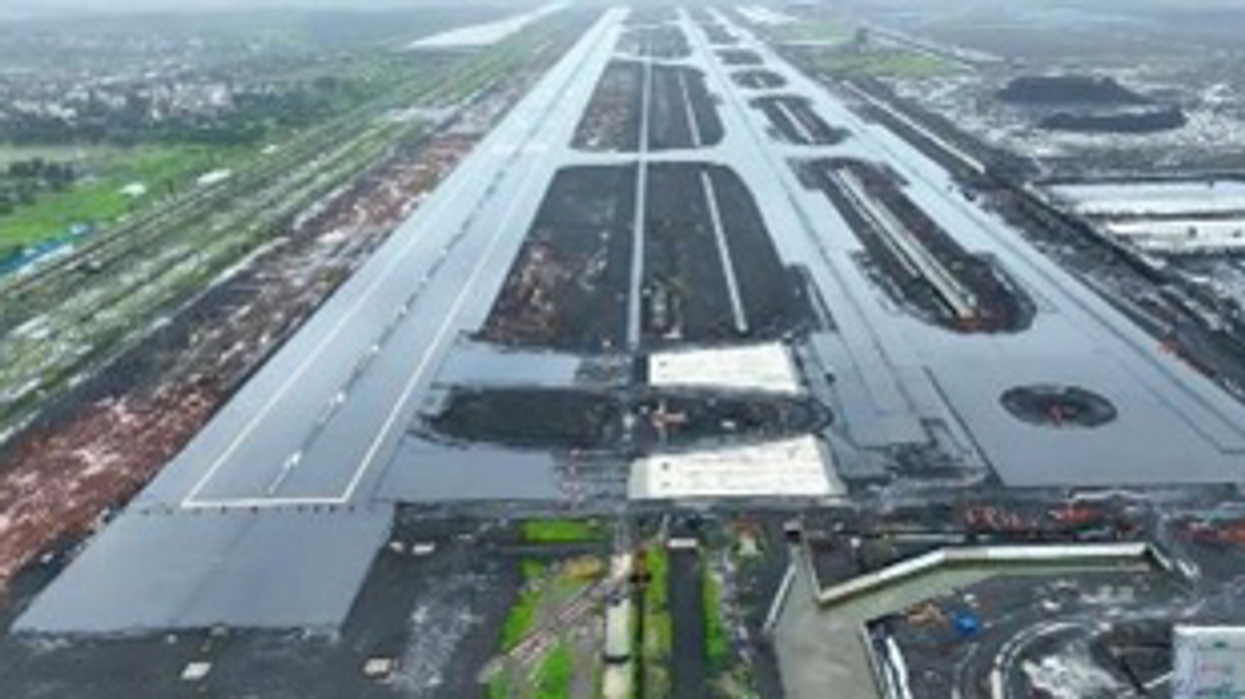
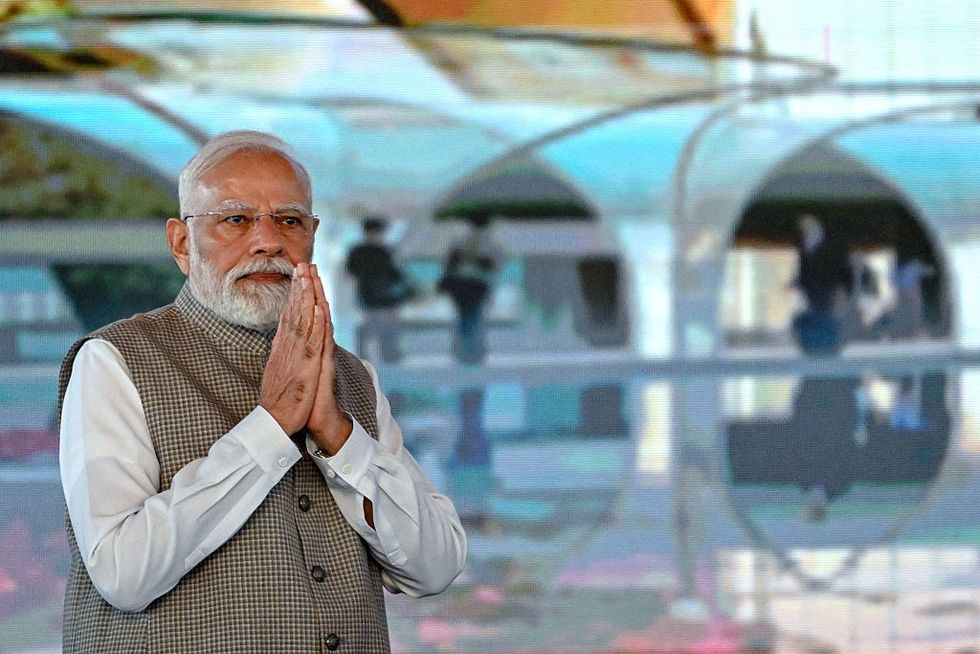 India's Prime Minister Narendra Modi greets the crowd as he arrives to attend the inauguration ceremony of phase one of the Navi Mumbai International Airport in Navi Mumbai on October 8, 2025. Getty Images
India's Prime Minister Narendra Modi greets the crowd as he arrives to attend the inauguration ceremony of phase one of the Navi Mumbai International Airport in Navi Mumbai on October 8, 2025. Getty Images 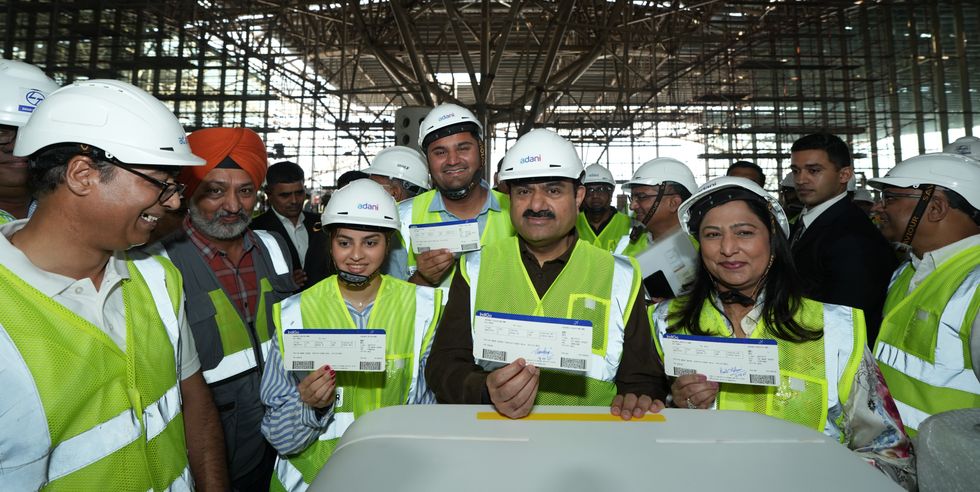 Once fully operational, NMIA will transform Mumbai into one of the few multi-airport cities globally—joining the ranks of London, New York, and Tokyo. www.nmiairport.co.in
Once fully operational, NMIA will transform Mumbai into one of the few multi-airport cities globally—joining the ranks of London, New York, and Tokyo. www.nmiairport.co.in